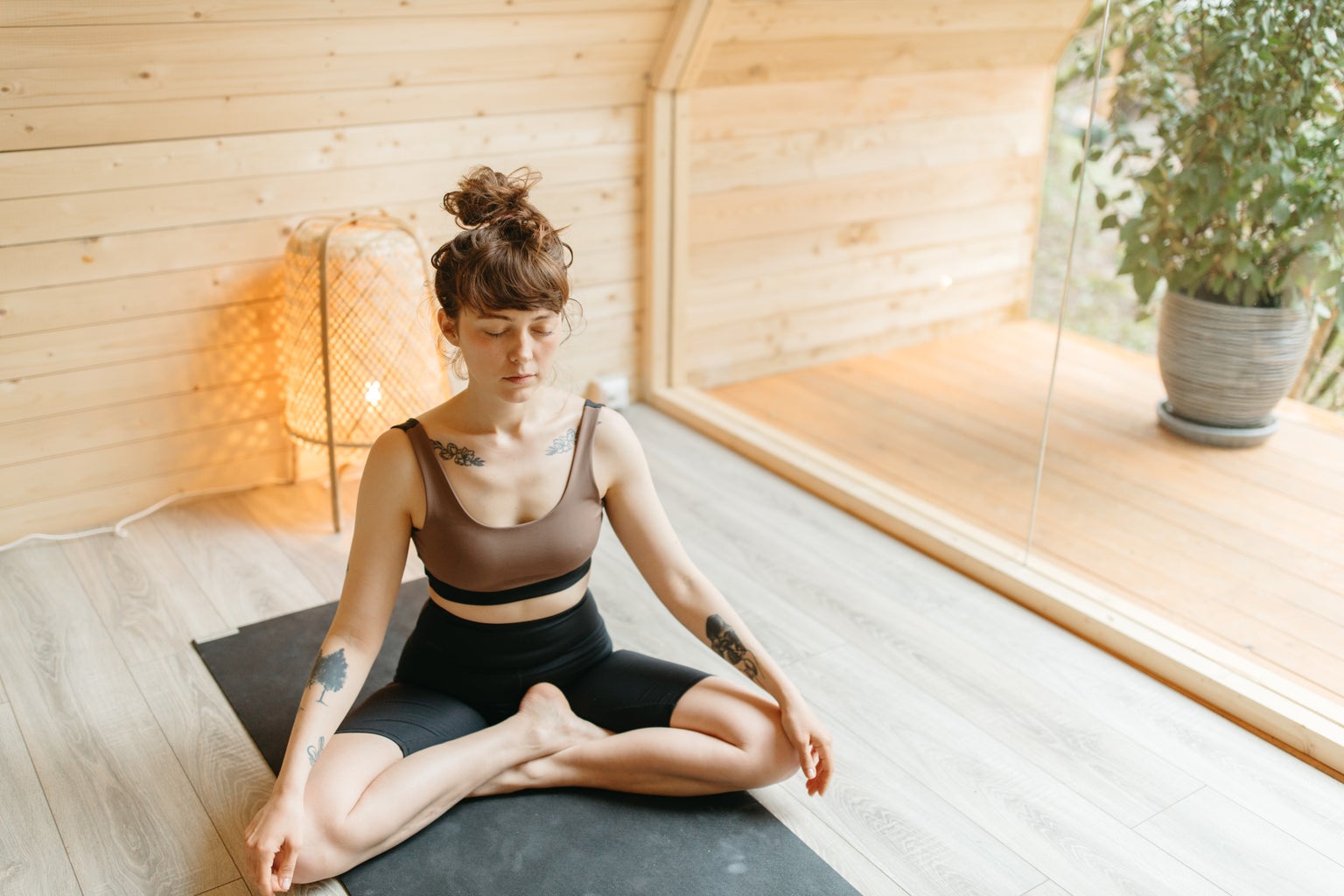Your mind is a powerful thing. Within the past two months, I have experienced the tight grasp it can hold on my life, and unfortunately, in all of the worst ways. Anxiety can keep you from eating even when you’re hungry. It can make you feel short of breath when you are sitting on the couch relaxing, and it can make you feel sick when you’re completely healthy. For way too long, I let my mind rule and affect every aspect of my life. Slowly but surely, I started figuring out ways to get out of my head and gain control of my life, so I’m going to share some of what helped me overcome this consuming anxiety.
One of the most effective ways to reduce anxiety is to exercise. While it may work, I am not talking about a calming workout like yoga. Rather, I mean a blood-pumping, extreme sweat-inducing workout like running, sprinting on a bike, or doing a high-intensity interval workout. In Harvard Medical School’s article about reducing anxiety through exercise, they discuss the science behind getting your heart rate up. Increasing your heart rate changes the chemistry of your brain by increasing the amount of anti-anxiety neurochemicals, one of which is serotonin. In addition to this, moving your body decreases muscle tension, which takes away from your body’s contribution to feeling anxious. Regular exercise helps regulate all of the anxiety provoking chemicals in the brain, and can help control and focus your mind when dealing with extreme amounts of anxiety. For me, it is the most effective way to manage my thoughts when I am feeling overwhelmed.
Another easy way to help relax your mind is through deep breathing. This can be done through the form of yoga or meditation mindfulness, but incorporating deep breathing into your everyday routine will help ease your anxiety. Another article from Harvard Medical School points out that the everyday regular breathing (also called shallow breathing) that we do restricts the diaphragm’s range of motion. Since the lungs don’t get the full amount of oxygen they need, we feel anxious and short of breath. Deep breathing encourages oxygen exchange to the fullest extent, which helps lower blood pressure and slow down your heart rate, all of which are increased when you are anxious. Practicing deep breathing in addition to the relaxation of your muscles through an exercise, such as yoga, incorporates two techniques to reduce anxiety. When I feel a stress migraine coming on, I turn to yoga and deep breathing, where I stretch my neck muscles and focus on letting go of my stressful thoughts and gaining breath. Doing this really helps ease not only the pain from the migraine, but also the stress that is overwhelming my mind.
One last thing that has helped me gain control of my mind is distracting myself. Scientifically speaking, your mind has trouble focusing on two things at once. Rather than putting all of your energy into the negative emotion or feelings that are consuming you, distract yourself with literally anything. For me, hanging out with friends outside of my dorm and doing some kind of activity is a good distraction. My dorm isn’t always a place of socialization or fun events, and instead, it is a place where I experience all of the emotions I am feeling. Getting out of your room and being with people who will make you laugh and ask you questions will help distract yourself from what is making you anxious. As VeryWellMind’s article mentions, after shifting your attention to your distraction, you can later on address the emotion that was overwhelming you in less intensity and with a clearer head. There are so many different distractions that certainly vary from person to person, but some other ideas are going on hikes (with people so that you don’t get in your head), doing your favorite craft, reading a book, or even going shopping.
There are so many different coping mechanisms for dealing with the anxiety that controls how you live your life, and these are all of the ones that have worked the best for me. Coming to campus for the first time this fall has shown me that my mind is much more powerful than I ever knew. It consumed me and made me feel like I didn’t know who I was, but we are much stronger than our minds. All it takes is perseverance through the hard times and faith in the effectiveness of the process, and you can regain control of your life.
Can’t get enough of HC UMass Amherst? Be sure to follow us on Instagram, listen to us on Spotify, like us on Facebook, and read our latest Tweets!




